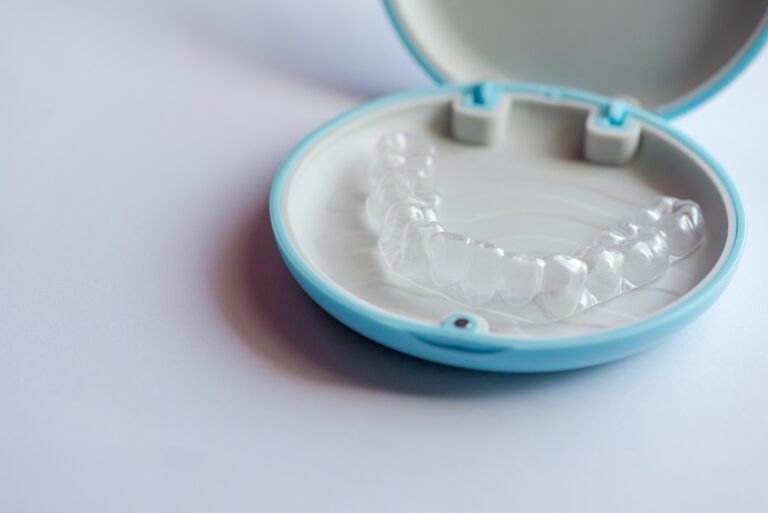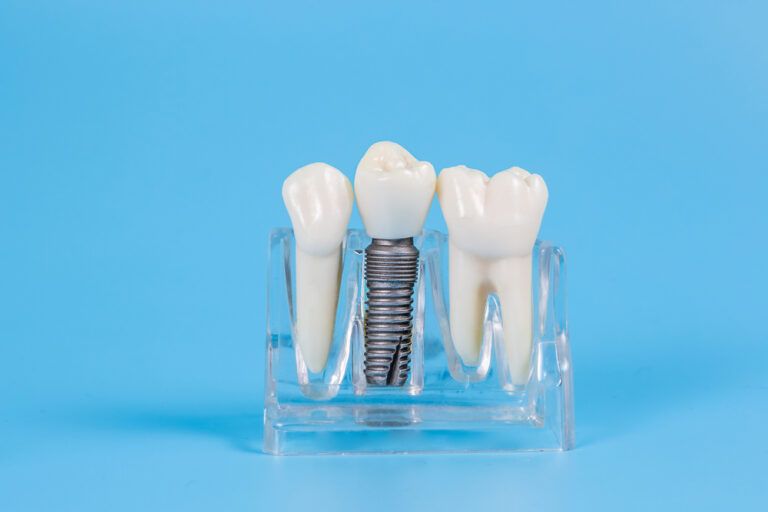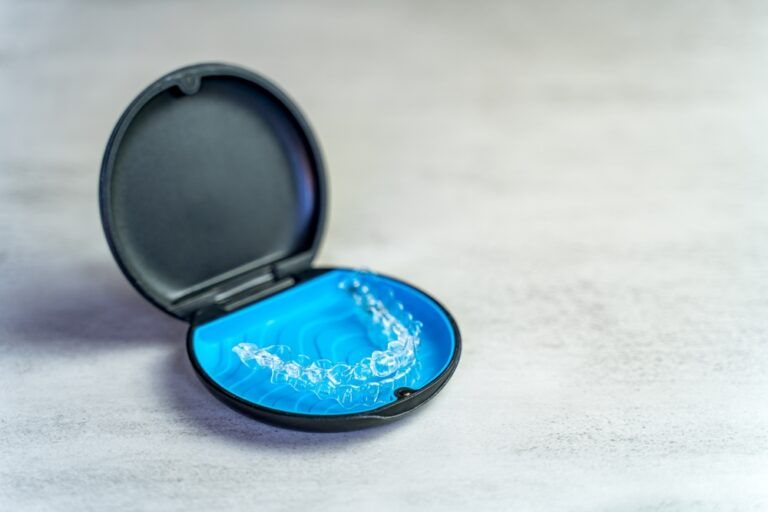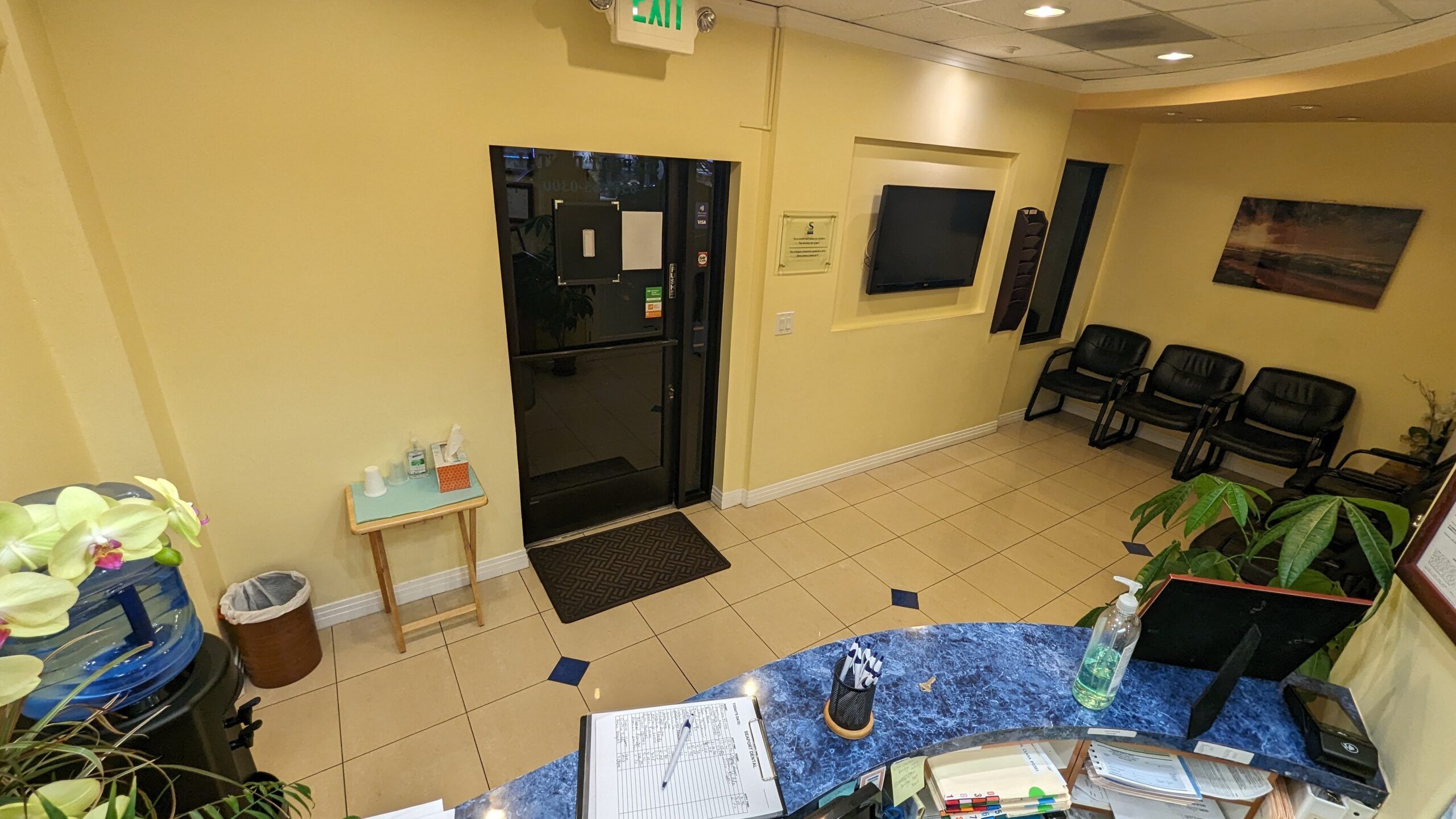Dental sensitivity and discomfort are common issues that can affect anyone at any age. These conditions can significantly impact daily life, making it challenging to enjoy one’s favorite foods or even brush your teeth comfortably. Fortunately, there are effective strategies to manage and reduce these unpleasant sensations. Dr. Steve Deng, DDS, of Seaport Family Dental in Redwood City, CA, provides valuable insights into understanding the causes of dental sensitivity and offers practical solutions for alleviating discomfort.
Understanding Dental Sensitivity: Causes and Symptoms
Dental sensitivity, or dentin hypersensitivity, occurs when the protective layers of teeth, enamel, or cementum are worn down, exposing the dentin. This layer contains microscopic tubules that lead to the nerve endings in the tooth. Exposure can cause sharp pain or discomfort in response to certain stimuli such as temperature, sweet or acidic foods, or even touch.
Common Causes of Dental Sensitivity
- Tooth Enamel Erosion: Acidic foods and beverages, excessive brushing, or acidic reflux can erode enamel, exposing the dentin beneath.
- Gum Recession: When gums recede, they expose the tooth roots, which lack protective enamel and can lead to sensitivity.
- Tooth Decay: Cavities can expose the sensitive parts of the tooth, causing discomfort and pain.
- Cracked Teeth: Fractures or cracks in teeth can expose the dentin and nerve endings.
- Dental Procedures: Treatments like teeth whitening, fillings, or crowns can temporarily increase sensitivity.
Symptoms of Dental Sensitivity
- Sharp Pain: Sudden pain when eating hot, cold, sweet, or acidic foods and drinks.
- Discomfort During Brushing: Pain or discomfort when brushing or flossing around sensitive areas.
- General Discomfort: Lingering sensitivity without specific triggers.
Recognizing these symptoms early can lead to more effective management and treatment of dental sensitivity.
Effective Strategies for Managing Dental Sensitivity
Managing dental sensitivity involves a combination of professional treatments and at-home care strategies. Here are some effective approaches recommended by Dr. Steve Deng:
1. Use Desensitizing Toothpaste
Desensitizing toothpaste is specially formulated to block the pain associated with sensitivity. It contains compounds that help reduce sensitivity by blocking the pathways that lead to the tooth’s nerve endings.
How It Works:
- Potassium Nitrate: This compound helps calm the nerves inside the teeth, reducing sensitivity.
- Fluoride: Provides additional protection by strengthening tooth enamel and reducing sensitivity over time.
Recommendation:
Dr. Deng advises regularly desensitizing toothpaste as part of your oral hygiene routine. Consistent use can provide significant relief from sensitivity symptoms.
2. Modify Your Brushing Technique
Aggressive brushing can wear down enamel and contribute to gum recession, leading to increased sensitivity. It’s crucial to adopt a gentle yet effective brushing technique.
Proper Brushing Technique:
- Use a Soft-Bristled Toothbrush: A soft-bristled brush minimizes enamel wear and is gentler on gums.
- Gentle Strokes: Brush with gentle, circular motions rather than aggressive back-and-forth strokes.
- Avoid Over-Brushing: Brush twice daily, but avoid brushing more than necessary, as it can wear down enamel.
Additional Tips:
Consider using an electric toothbrush with a pressure sensor to ensure you’re not brushing too hard. These brushes provide consistent pressure and can help maintain optimal oral health.
3. Maintain a Balanced Diet
Diet plays a significant role in oral health. Certain foods and drinks can exacerbate sensitivity, while others can strengthen teeth and gums.
Foods to Avoid:
- Acidic Foods and Drinks: Citrus fruits, tomatoes, and carbonated beverages can erode enamel, increasing sensitivity.
- Sugary Snacks: Excessive sugar can contribute to tooth decay, leading to sensitivity.
Foods to Include:
- Dairy Products: Cheese, milk, and yogurt are rich in calcium and phosphorus, which help strengthen enamel.
- Leafy Greens: Spinach and kale provide essential vitamins and minerals for healthy teeth and gums.
- Nuts and Seeds: These foods are rich in nutrients that promote strong teeth.
4. Protect Your Teeth from Grinding
Teeth grinding, or bruxism, can wear down enamel and lead to sensitivity. Protecting your teeth from grinding can help prevent discomfort.
Solutions for Grinding:
- Mouthguards: Custom-fitted mouthguards can protect teeth from grinding and clenching, especially at night.
- Stress Management: Reducing stress through relaxation techniques can decrease the likelihood of grinding.
Consultation:
Dr. Deng can provide a custom mouthguard tailored to your specific needs, ensuring optimal protection against grinding.
5. Seek Professional Dental Care
While at-home strategies can be effective, professional dental care is essential for managing dental sensitivity and addressing underlying issues.
Professional Treatments:
- Fluoride Treatments: Professional fluoride applications can strengthen enamel and reduce sensitivity.
- Bonding Agents: Dentists can apply bonding agents to cover exposed dentin and alleviate sensitivity.
- Gum Grafts: A gum graft can cover exposed roots and reduce sensitivity for severe gum recession.
Regular Check-Ups:
Routine dental check-ups with Dr. Deng are crucial for monitoring oral health and making necessary adjustments to treatment plans.
When to See a Dentist
While minor sensitivity can often be managed at home, certain situations require professional intervention. Schedule an appointment with Dr. Deng if you experience:
- Persistent Sensitivity: Sensitivity that doesn’t improve with home care.
- Severe Pain: Intense pain that disrupts daily life or sleep.
- Visible Tooth Damage: Cracks, chips, or visible cavities.
- Swollen Gums: Persistent swelling or bleeding gums.
Early intervention can prevent further complications and ensure effective treatment.
Enhancing Comfort and Confidence
The right approach can effectively manage dental sensitivity and discomfort. By incorporating these expert tips and strategies, you can reduce sensitivity and enjoy a more comfortable, confident smile.
Explore Long-Term Solutions
Managing dental sensitivity is a journey that requires a combination of lifestyle changes, professional care, and consistent oral hygiene. Dr. Steve Deng and the team at Seaport Family Dental in Redwood City, CA, are dedicated to providing personalized solutions to help you overcome sensitivity and maintain optimal oral health.
If you’re struggling with dental sensitivity, don’t hesitate to contact Seaport Family Dental for expert guidance and support. With the right care, you can enjoy the foods and activities you love without discomfort.
Sources
- Smith, P. A., & Burke, F. J. (2014). Managing Dentin Hypersensitivity: The Role of the Dental Professional. Journal of Dentistry.
- Addy, M. (2012). Dentin Hypersensitivity: New Perspectives on an Old Problem. International Dental Journal.
- Pashley, D. H., & Tay, F. R. (2009). Dentin Bonding: An Update. Dental Clinics of North America.









